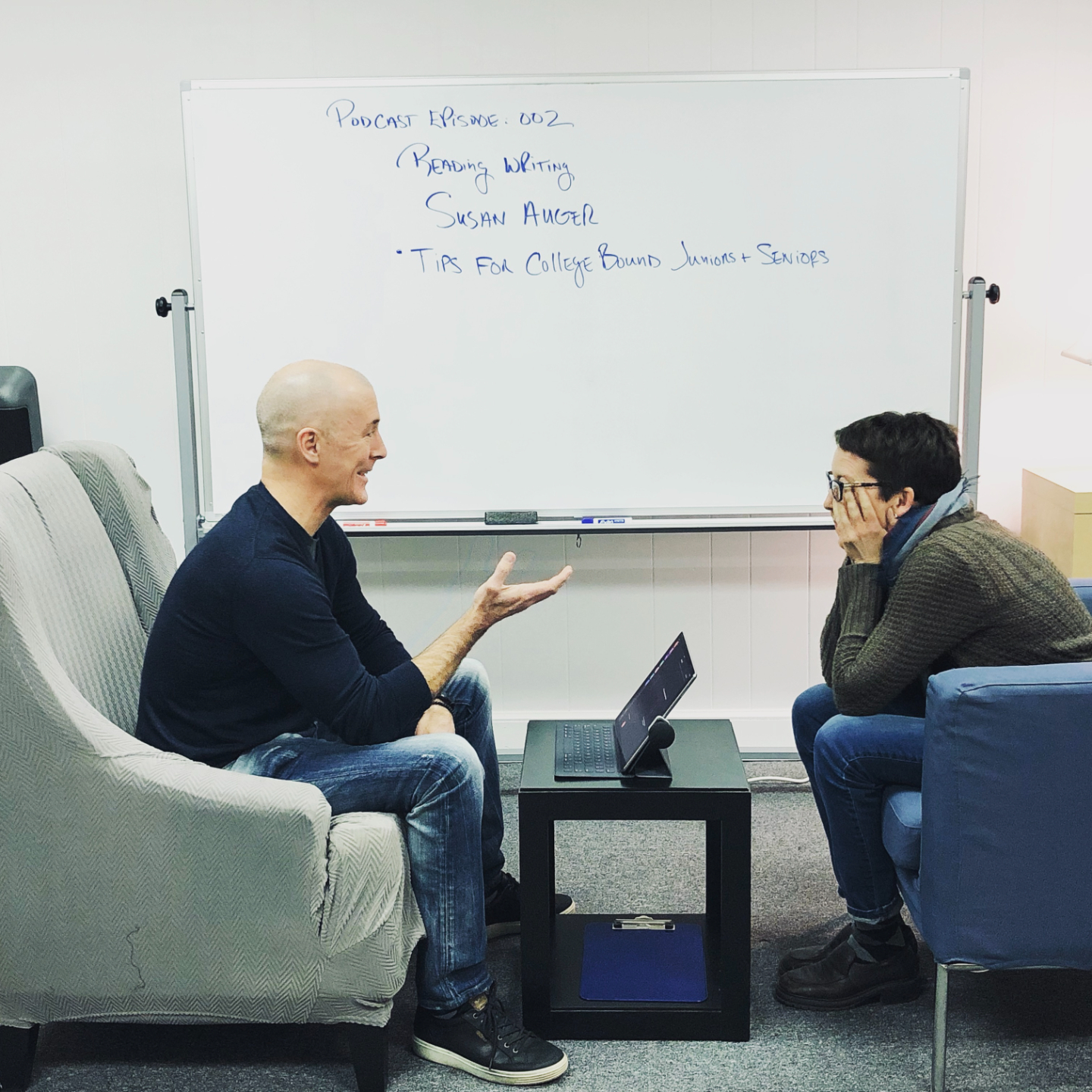The Mid-Semester Reality Check: How to Support Your Student After Parents Weekend & Fall Break
Nov 02, 2025
Parent & Family Weekend is officially over.
You’ve hugged goodbye in the dining hall parking lot, stopped at the campus bookstore for a sweatshirt you didn’t need, and driven home feeling proud, relieved… and maybe a little worried.
It’s common to leave that weekend with mixed emotions:
-
“They look happy… but also exhausted.”
-
“They’re overwhelmed, but don’t want to admit it.”
-
“They say they’re doing fine… but their sleep, grades, or stress tell a different story.”
Here’s the important truth:
- This is the point in the semester when cracks start to show.
- This is also the exact moment where support matters most.
We are well past the excitement of move-in. Past the novelty of new friends and freedom. November means post midterm stress, increase academic pressure, roommate stress, fatigue, anxiety, and the first real test of independence.
So let’s talk about how parents can help—without micromanaging, interrogating, or adding pressure.
1. Expect the Dip
By November, most students hit a wall:
-
Grades tighten
-
Sleep gets messy
-
Motivation fluctuates
-
Stress peaks
-
Seasonal depression symptoms start emerging
This is normal. Not a sign that your student is failing.
Parent Strategy:
Validate, don’t rescue.
Instead of “Why didn’t you turn that in?” try: “Mid-semester is tough for everyone. What’s feeling hardest for you right now?”
Validation opens the door. Pressure slams it shut.
2. Ask About Habits, Not Just Grades
Students often measure success only by test scores—but habits predict outcomes.
Ask about:
-
Sleep patterns
-
Study routines
-
Class attendance
-
Using office hours
-
Eating regularly
-
Exercise movement
-
Social connection
Parent Strategy:
Use curiosity, not interrogation:
“What’s one habit you want to get back on track this week?”
“What’s been helping you stay organized lately?”
Small habits turn the semester around—not lectures.
3. Encourage Self-Awareness Over Self-Judgment
Many students quietly feel:
-
“Everyone else is doing better than me.”
-
“I’m the only one struggling.”
-
“I should have adjusted by now.”
Self-awareness helps students catch problems early. Self-judgment makes them hide them.
Parent Strategy:
Ask reflective questions:
“How do you know you’re getting stressed?”
“What do you notice about your mood or energy lately?”
This engages conversation on resilience—not perfectionism.
4. Normalize Using Campus Support
You may have noticed during Family Weekend that many schools highlight counseling, academic coaching, and wellness resources.
That isn’t accidental.
Campuses know the toughest stretch of the semester starts now.
Parent Strategy:
Instead of:
“You should go to counseling.”
Try:
“A lot of students use tutoring or counseling around this time. Which campus resources have you checked out this week?”
No shame. No stigma. Just solutions.
5. Protect Sleep and Stress
This time of year, the first things students sacrifice are:
-
Sleep
-
Nutrition
-
Movement
-
Recovery
These are also the first things that sink mental health and academic performance.
Parent Strategy:
Send a text that supports healthy habits:
“Proud of you—try to get 7 hours tonight.”
“Remember to eat something real today.”
“Go outside for 20 minutes and reset your brain.”
These reminders matter more than you think.
6. Help Them Plan for Finals NOW
Waiting until December is too late.
Ask:
-
“When are your major papers and exams?”
-
“What’s your plan to prepare?”
-
“When will you visit office hours?”
-
“Who can you study with?”
Structure reduces anxiety. Avoidance increases it.
Final Thought for Parents
Parent/Family Weekend gives you a snapshot—not the full picture.
Your student might be thriving.
They might be quietly struggling.
Most are somewhere in the middle.
Your role now is not to fix everything.
It’s to:
- Stay calm
- Stay supportive
- Stay curious
- Encourage habits, not pressure outcomes
A single caring conversation changes the trajectory of a semester.
Want to keep the conversation going all year long?
Subscribe to the Mental Health University Podcast —hosted by Dr. Joel Ingersoll for practical guidance on college mental health, academic performance, motivation, resilience, and more.
Parents, is your college student stressed and struggling this semester?
Learn about: College BounceBack Accelerator
Stay connected with news and updates!
Join our mailing list to receive the latest news and updates from our team.
Don't worry, your information will not be shared.
We hate SPAM. We will never sell your information, for any reason.

